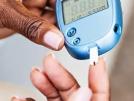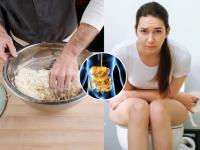Anemia Symptoms: How to Recognize Low Hemoglobin Levels in Your Body
By Lokmat English Desk | Updated: June 12, 2025 13:56 IST2025-06-12T13:46:14+5:302025-06-12T13:56:57+5:30
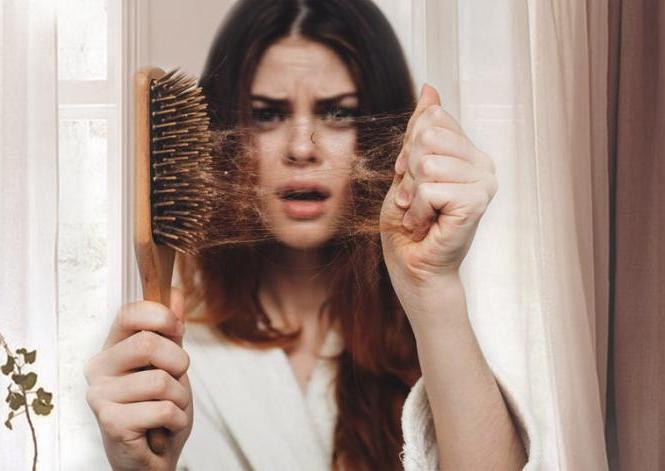
Hair loss, weak nails
Deficiency of iron in the body causes problems like hair loss and brittle or thin nails. If this happens to you too, it may be a sign of low hemoglobin.
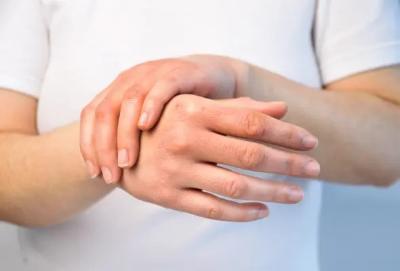
Cold hands and feet
Due to poor blood circulation in the body, the hands and feet become cold and you may feel tingling in them. Therefore, if this happens, see a doctor immediately.
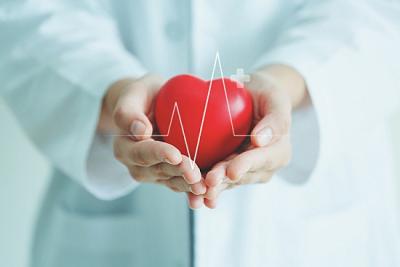
Increased heart rate
In addition to the lungs, the heart also has to work harder to compensate for the lack of oxygen in the body. This causes the heart rate to increase more than normal.

Constant fatigue and weakness
When hemoglobin decreases, the cells do not get enough oxygen. Due to which the person feels very tired. In this condition, fatigue occurs even after doing a light task. Weakness is also felt.

Dizziness or headache
Dizziness, headache, or fainting can occur due to insufficient oxygen reaching the brain. If you are also constantly dizzy or have a headache, this may be a sign of low hemoglobin.
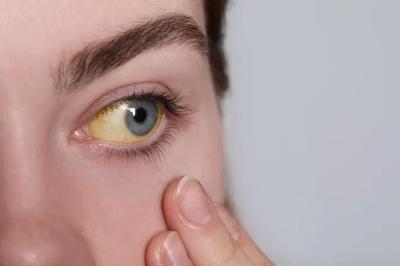
Yellowing of the skin
When hemoglobin decreases, the cells do not get enough oxygen. Due to which the person feels very tired. In this condition, fatigue occurs even after doing a light task. Weakness is also felt.
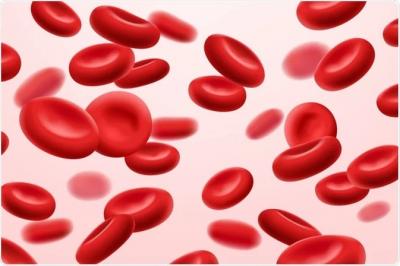
Signs of Low Hemoglobin
If you feel tired even after doing a light task or nothing, then your body may have low hemoglobin. Anemia is more common in women than men. When there is a decrease in iron in the body, hemoglobin decreases, which is called anemia. This condition is commonly known as blood deficiency. Hemoglobin is a protein in red blood cells, which carries oxygen from the lungs to other parts of the body.
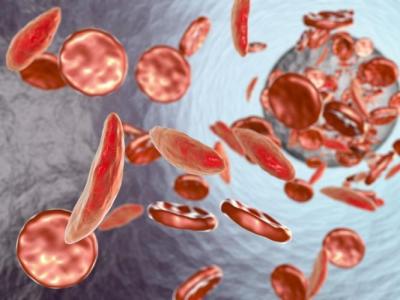
But when the hemoglobin level in the body is lower than normal, the body does not get enough oxygen. This causes various problems. With the help of such symptoms, you can recognize low hemoglobin.
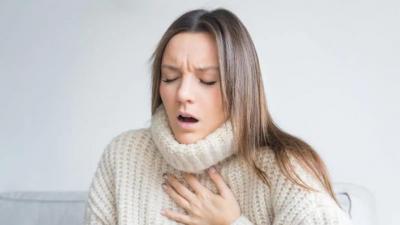
Difficulty breathing
A lack of oxygen can cause difficulty breathing, especially when climbing stairs or doing any work. This is because the lungs have to work harder to provide oxygen to the body.
















